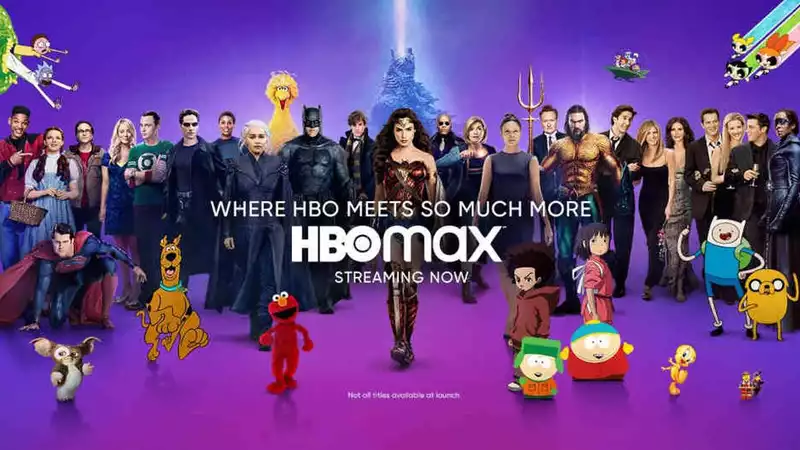Warner Media continues to increase the pressure on Netflix by offering an ad-supported version of HBO Max for just $9.99 per month.
Currently, Netflix is $13.99/month for the standard package, so this new entry level for HBO Max is considerably cheaper; HBO Max's ad-free membership is $14.99/month, so once the ad-supported membership tier launches this June, several current subscribers may even switch.
On the surface, it may sound unfair to have ads on a streaming service. However, HBO Max ad-supported members will only see ads on programs available only on HBO Max (such as "Love Life," "Doom Patrol," and "An American Pickle") and not on "Succession," "Westworld," "Game of Thrones," and other They do not appear on regular HBO programs.
In short, HBO programs accessible through television subscriptions do not include commercials, while those available exclusively for streaming do. This is an important distinction and helps make the $9.99/month subscription fee quite attractive, especially considering the wealth of critically acclaimed content that HBO has produced over the years.
Currently, HBO and HBO Max have a combined 44.2 million subscribers in the U.S., but AT&T (parent company of Warner Media) has set a lofty goal of 120-150 million subscribers by the end of 2025. This aggressive pricing strategy shows how seriously this goal is being taken.
AT&T CEO John Stankey told CNBC that the average revenue per subscriber for HBO and HBO Max is $11.72 per month, which he called "really impressive." He also explained the company's desire to appeal to more cost-conscious consumers. The demographic that this ad-supported version of HBO Max is targeting is clear.
"Whether customers choose to buy the ad-supported product or the subscription product as is, it's equally profitable for our business," Stankey said.
Thanks to day-and-date movie releases including Cindercut and Godzilla vs. Kong, HBO Max has dominated the streaming conversation so far this year.
The news that the red streaming giant has lost over 30% of its market share in the past year is the best proof yet that Netflix is no longer the impregnable giant it once was. The streaming wars will only get more intense from here.










Comments